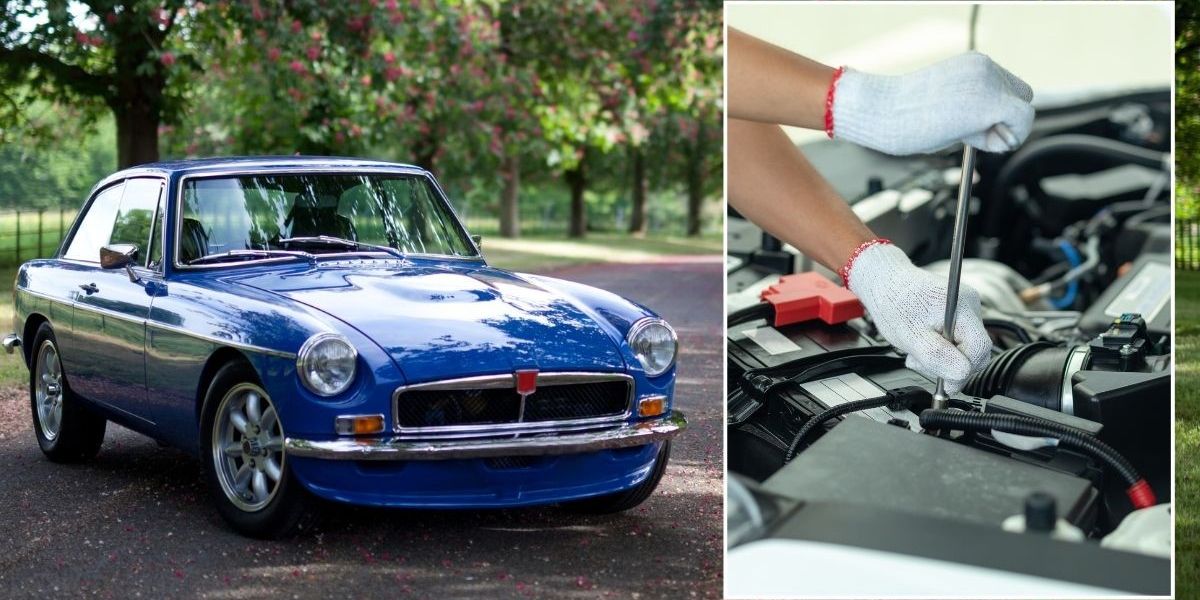Classic cars could risk losing their exemption from MOT safety checks after the public backed the proposed change in a Government consultation.
It comes after more than two in five respondents supported the Department for Transport’s suggestion to introduce new tests for cars over 40 years old.
The consultation, which gathered just over 1,000 responses, asked whether MOT testing or similar checks should become mandatory for classic and historic vehicles.
While no final decision has been made, the results signal that older vehicles might face regular safety inspections in the future.
Do you have a story you’d like to share? Get in touch by emailingmotoring@gbnews.uk
Classic cars are currently not obligated to get an MOT test under UK rules
GETTY
Under current rules, vehicles first registered more than 40 years ago are exempt from both Vehicle Excise Duty and MOT testing.
This exemption only applies if the cars have not been substantially modified from their original specification.
MOT tests examine a wide range of vehicle safety features, including seat belts, headlights and the condition of doors and mirrors.
Now the Department for Transport has asked whether historic and classic cars should undergo “a new type of safety check which takes into account the age of a historic or classic vehicle”.
A Government response published in December indicated that “the majority of comments suggest that a new type of check is needed”.
Of those responding to the consultation, 41 per cent supported either a full MOT or age-appropriate safety tests for classic and historic vehicles. Just over a third (36 per cent) believed no change was needed to the current system.
Among those backing new checks, 18 per cent favoured introducing tests identical to standard MOTs.
A further 10 per cent supported implementing “basic checks for roadworthiness” as a mandatory requirement.
Wayne Scott, speaking for the Federation of British Historic Vehicle Clubs, suggested one-off safety checks could be appropriate for classic cars following major rebuilds.
He told The Telegraph: “This may need to be a more in-depth inspection than the MOT, possibly including some degree of dismantling to permit full access to all parts of the vehicle.”
He added that any inspection “should assess the vehicle with reference to the technical standards applicable when it was new.” However, the Historic and Classic Vehicles Association disagreed with the need for new testing requirements.
Dale Keller, HCVA chief executive, said most classic cars were “in the hands of enthusiasts and owners” who maintain their vehicles to high standards.
LATEST DEVELOPMENTS
Two in five drivers are in favour of having more regulation towards classic cars
CAR AND CLASSIC
“There is plenty of specialist expertise available to maintain these vehicles for the enjoyment of generations to come,” he said. Keller suggested an optional, industry-led roadworthiness test might be suitable for vehicles being returned to road after storage or major repairs.
He added: “We are not aware of any evidence that the trust placed in owners to maintain their specialist vehicles to a roadworthy standard is being abused.”

